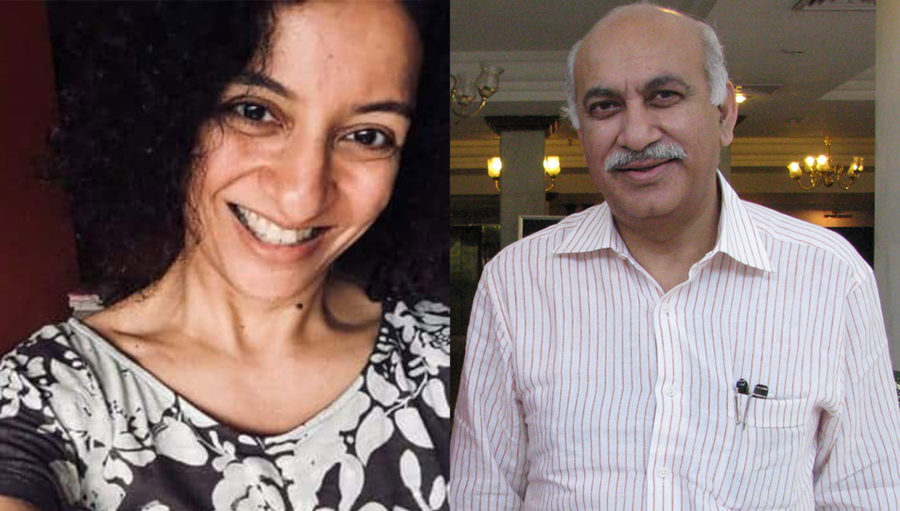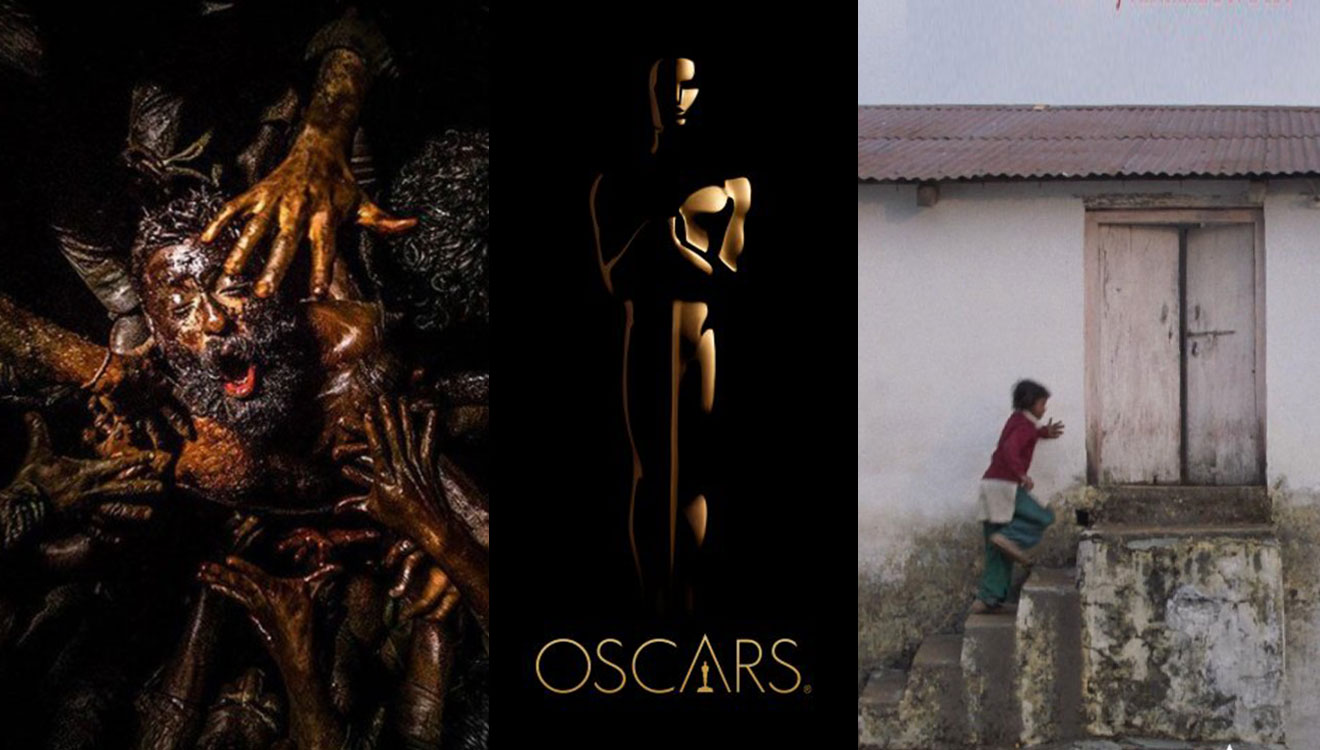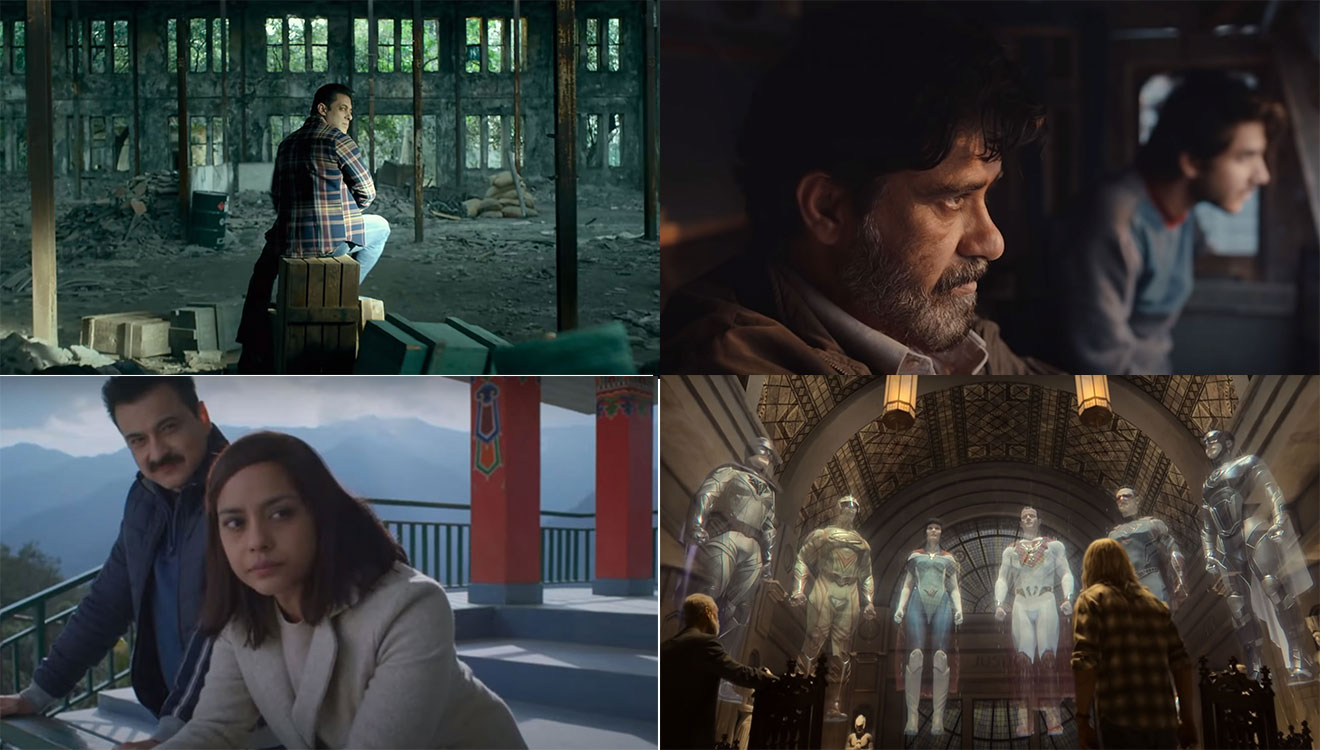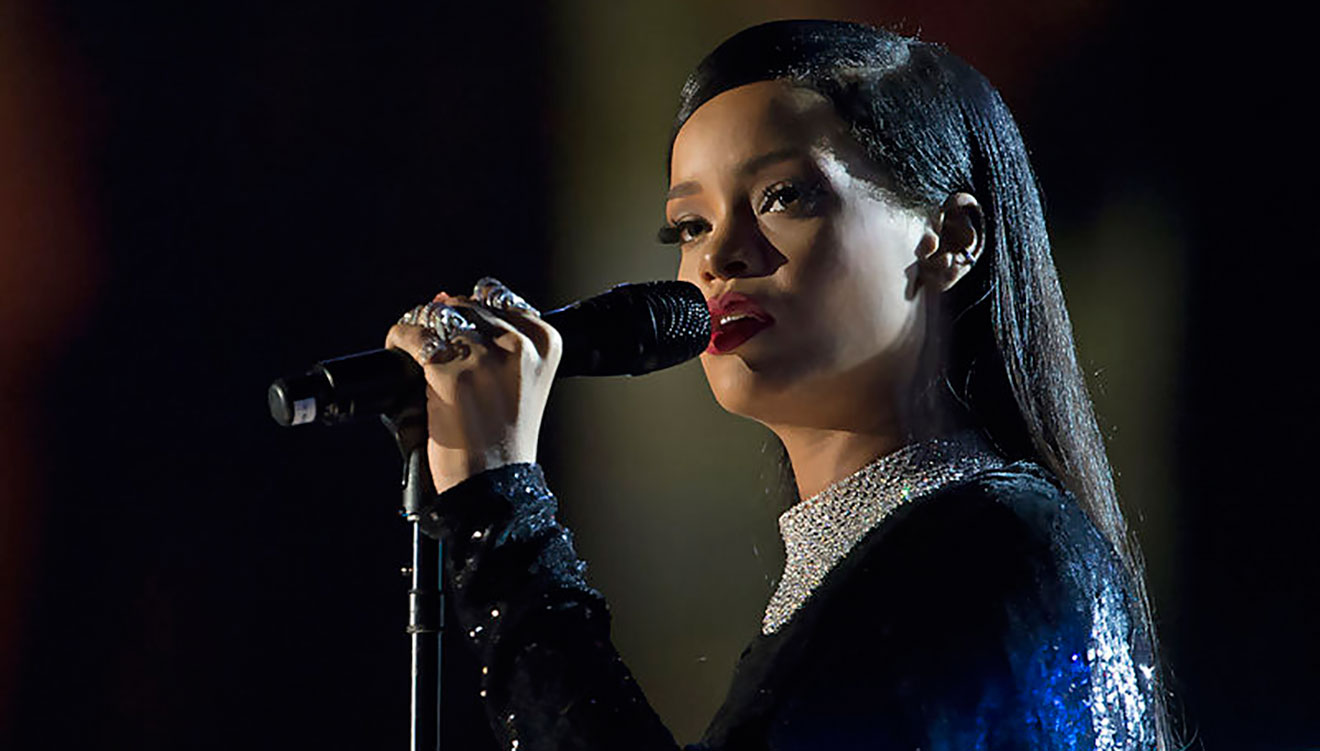A Delhi court on Monday reserved its order on the former Union Minister MJ Akbar’s defamation case against senior journalist Priya Ramani for February 10, reported the Bar and Bench.
In 2018, Akbar filed a defamation case against Ramani after she accused him of sexual misconduct back in 1993.
In the wake of the #MeToo movement, Ramani had written an article for Vogue dated October 12, 2017. The article, titled To the Harvey Weinsteins of the World was addressed to “Dear Male Boss”. At that time, the identity of the “Boss” was kept anonymous.
In October 2018, Ramani named Akbar as the editor who had harassed her. She said that the incident occurred during an interview with Akbar at a hotel room in Mumbai in 1993. Ramani said that she had decided to name him publicly after a number of women came forward to accuse Akbar of sexual harassment. Following this, Akbar resigned from the Union Council of Ministers and filed a criminal case of defamation against Ramani. Akbar has since been denying the charges, claiming that he doesn’t remember the incident.
Both the sides have already made their final submissions in the court.
Ramani’s lawyer, senior advocate Rebecca John, pointed out that there were 15 other women who have accused Akbar of sexual assaulting them and who came out in the same year during the #MeToo movement. Her cross-examination had the testimony of Ghazala Wahab, who tweeted on October 6, 2018, two days before Ramani’s tweet, in which she narrated how she was sexually harassed while working as a reporter under Akbar at The Asian Age.

Through Wahab’s testimony, John defended stating that Ramani’s accusation wasn’t the first and the only one to harm Akbar’s “impeccable reputation”.
In a previous hearing when John had testified that Ramani “was unable to register a complaint at that time, as the 1997 workplace had no anti-sexual harassment mechanism in place”, Akbar’s lawyer Geetha Luthra had said that in the absence of a workplace sexual harassment act, legal remedies were in place, like the Vishakha judgement, the National Commission for Women, and other provisions of the Indian Penal Code (IPC).
Claiming that there were “contradictions in cross-examination”, Luthra termed Ramani’s version as “a figment of imagination”. Luthra argued that Ramani’s allegations stand “unprovable after 30 years” as she had failed to produce any “contemporaneous evidence” of her visit to or presence in the hotel. Luthra had also raised questions about Ramani’s deleted Twitter account during the trial and claimed that it was a “destruction of evidence”, a breach of the IPC.
John had said that neither can Ramani be forced to reopen her Twitter account, which would be invading into her “privacy”, nor did the court order her to do so. She asked Luthra why she was unable to retrieve the hotel’s CCTV footage to prove Akbar’s innocence.
Recommended
When Luthra accused Ramani of not “inquiring” properly before accusing Akbar, John said that no third person was involved in the incident to inquire from, as it was only Akbar and Ramani in the room. John also asked why the other women weren’t held accountable for their statements, while only Ramani was being accused of harming Akbar’s “stellar reputation”.
“MJ Akbar went after Ramani because she was a soft and vulnerable target… The object is to harass… Selective prosecution must be deprecated. The prosecution that chooses to target Priya Ramani to target other women should get no relief,” John remarked during Monday’s hearing.
Additional Chief Metropolitan Magistrate Ravindra Kumar Pandey reserved the orders on Monday and has also asked them to submit written replies, if any, by February 10.



